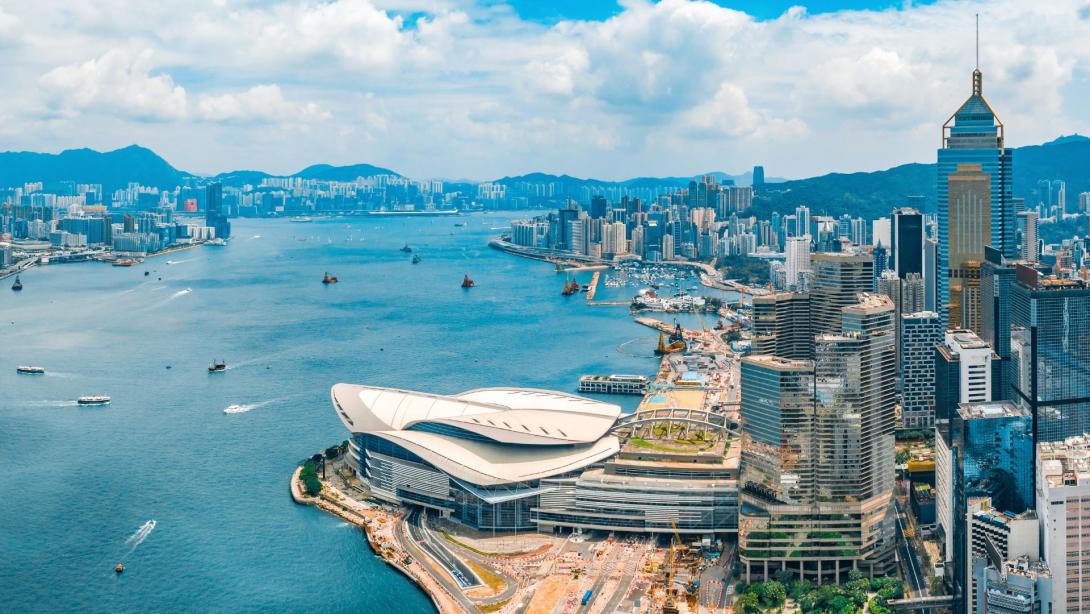
Robin Harris, Head of APAC at Ocorian – the specialist provider of fund, corporate and fiduciary services – analyses the latest development in the ongoing case of Evergrande.
“The ongoing saga that is the collapse of the Chinese property market began a new chapter after a Hong Kong judge ordered Evergrande – the poster child of the market malaise – into liquidation.
“It seems that Judge Linda Chan has had enough, having seen pledge after pledge to restructure the property developer fail to result in meaningful change. Multiple creditors are seeking much more than change, with tens of billions of dollars invested in the firm by overseas companies alone.
“But Hong Kong and China have different legal systems, so what does Judge Chan’s order mean in practice?
“Firstly, it only applies to Evergrande’s Hong Kong entity. With the vast majority of the developer’s projects being based in mainland China, the scope of any liquidation that does materialise in Hong Kong will be limited to a small proportion of Evergrande’s assets and liabilities.
“But the order is not without teeth. Liquidators have been appointed by the court and they will have a legal right to access books and records, shedding some light on the extent of the liabilities that lie at Evergrande’s door. And because the Hong Kong entity of Evergrande has been, to all intents and purposes, an offshore financing mechanism, it should become apparent how much foreign investment has been funnelled into the company, and how many creditors are queuing up for a payout.
“A 2021 agreement between China and Hong Kong allows for mutual recognition of insolvency orders, but the FT notes that this “requires Hong Kong liquidators to apply for approval to one of three pilot courts” in China, and there is little precedent for orders being replicated.
“With courts in mainland China unlikely to recognise the offshore liquidator, those appointed in Hong Kong by Judge Chan therefore have an unenviable task and may face difficulty in taking control of Chinese subsidiaries. Without the ability to seize assets and negotiate with creditors in the most significant portion of Evergrande’s business, liquidation becomes extremely complex, and perhaps ultimately ineffective.
“Even the simplest liquidation cases require intricate understanding of jurisdictional laws and an entity’s operations; something as complex as Evergrande – even if just its Hong Kong entity is under the microscope – will take a long time to unravel and assess; creditors won’t be holding their breath.
“All the while, Evergrande has pledged to keep building in China and fulfil its obligations to the millions who have purchased homes through the developer that are yet to be finished.
“The thing about sagas is that they are long; and it remains to be seen whether the Hong Kong liquidation order is the beginning of the end of this particular tale, or just the end of the beginning.”
Ocorian has a global team of liquidation specialists who use well-established processes to make sure liquidations are efficient and seamless. The solutions are end-to-end and encompass winding up obsolete structures, meeting regulatory and filing deadlines, complying with regulations, liaising with creditors, and taking into any account any relationships the entity might have with any other parts of the business.
Reduce the burden of corporate administration and contact Ocorian’s expert team today.

